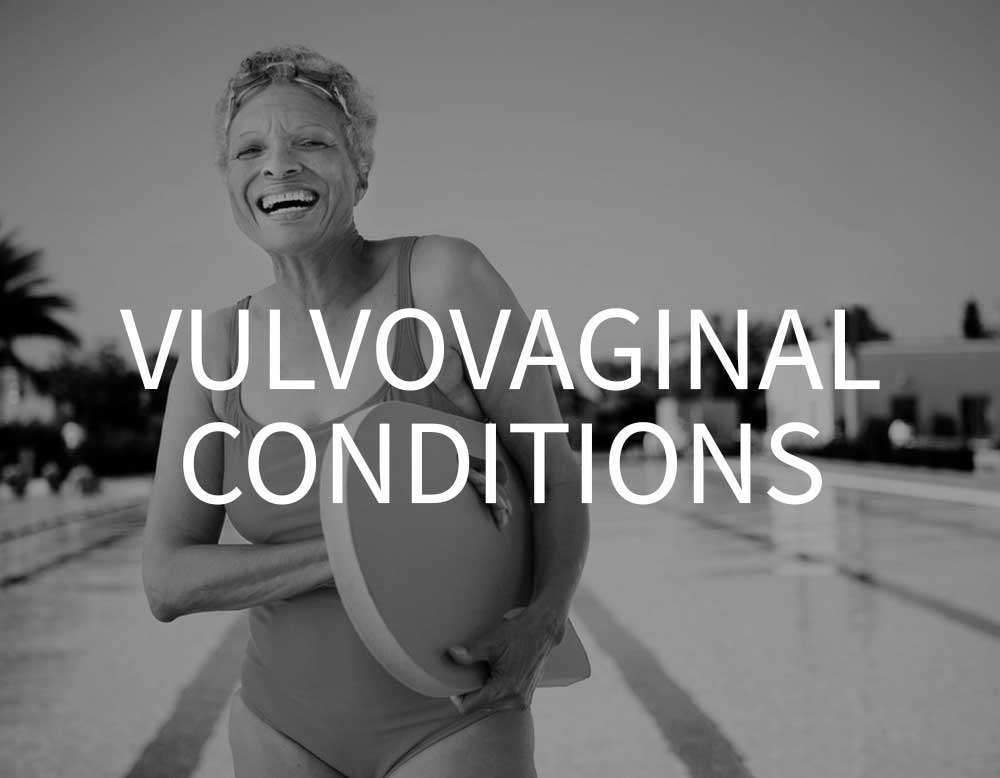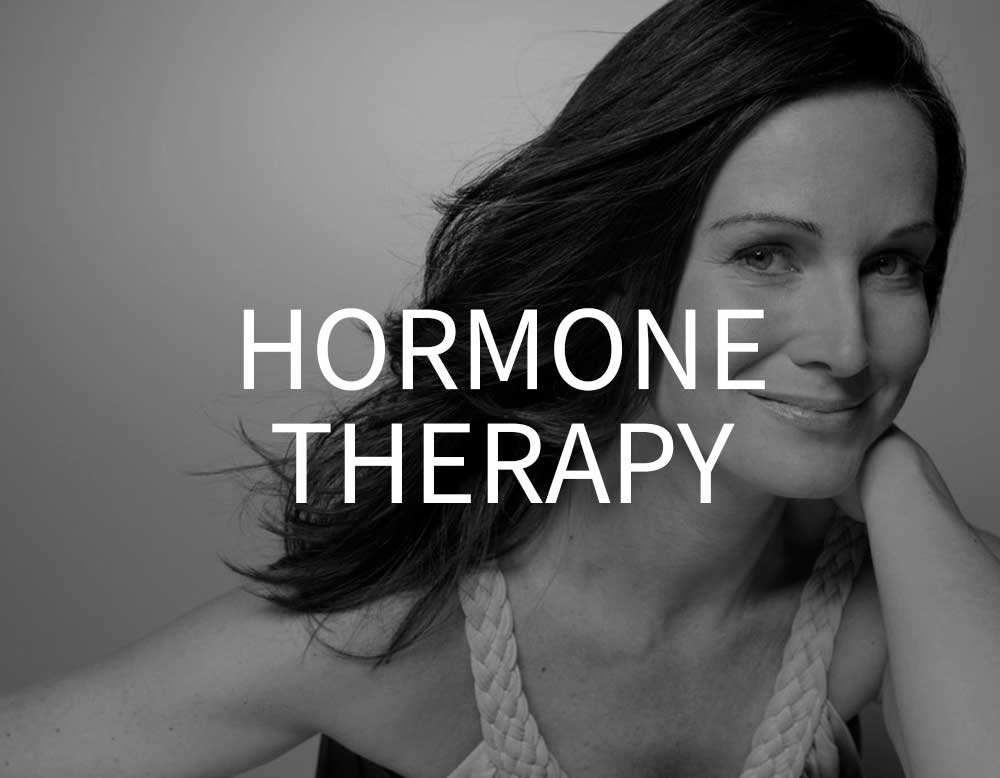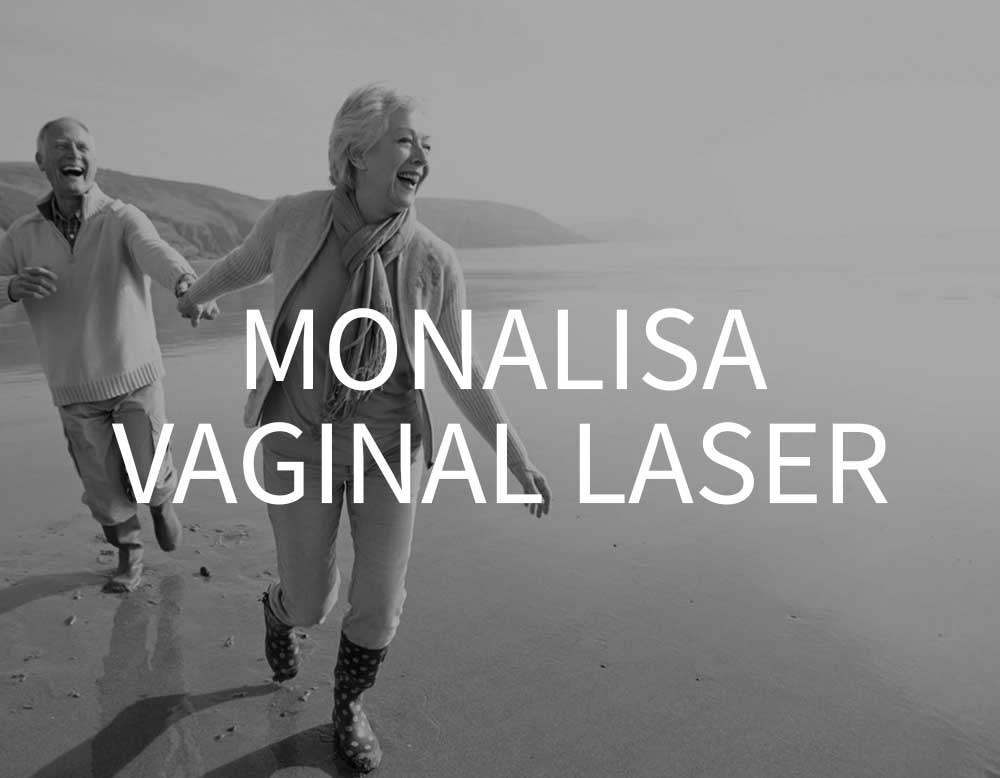What is Menopause?
Menopause marks the end of a woman’s reproductive years when menstrual cycles cease, and the ovaries stop releasing eggs. It is defined by the absence of a period for 1 year. The transition into menopause usually begins in the mid to late 40s and typically lasts 5 to 8 years. During this time, the production of estrogen and progesterone in the ovaries declines.
Perimenopause is the earliest stage of the transition leading up to Menopause. During Perimenopause many women begin experiencing irregular cycles, hot flashes, night sweats, mood changes, difficulty sleeping, brain fog and other symptoms.
Post menopause is the phase after Menopause. Due to the hormonal and metabolic changes, women are at increased risk for weight gain, bone fractures, heart disease, osteoporosis, vaginal dryness/atrophy and possibly diabetes.
What are the symptoms of Perimenopause/Menopause?
Hormonal shifts during perimenopause and menopause produce a number of symptoms, which vary from patient to patient. Some of the more common symptoms include:
Mood swings
Hot flashes
Night sweats
Mental Fogginess
Frequent urination
Dry Skin
Irregular menstrual cycles
Weight Gain in the belly area
Sleep disturbances
Fatigue
Early Menopause
Premature or early-onset menopause happens when a woman reaches menopause before the age of 40. This may be caused by premature ovarian failure,
chemotherapy, radiation, or a surgical procedure that removes the ovaries. It is very important for these patients to consider HT as they are more at risk for heart disease and osteoporosis.
It’s not uncommon for perimenopause to coincide with difficult emotional situations and life stressors. Our compassionate menopause specialists will assess your symptoms and run diagnostics to determine the best strategy for helping you regain control of your health.
Can Menopause be treated?
Yes, women come to us for support and guidance during this challenging midlife transition. We provide individualized menopause treatment plans that provide relief from symptoms that disrupt daily life.
Ways to Manage Menopausal Symptoms
- REGULAR EXERCISE: Getting regular exercise including cardio and weight training can help manage anxiety, boost mood, support heart health and promote better sleep.
- EAT A WELL BALANCED DIET: Include fresh vegetables, lean protein, and healthy fats found in avocados, nuts, and olive oil. Avoid processed foods.
- STRESS MANAGEMENT: yoga, meditation, acupuncture, exercise.
- AVOID ALCOHOL
- LIFESTYLE MODIFICATIONS: wear loose cotton or linen clothing, dress in layers, practice mindfulness, engage in regular exercise, and maintain a healthy weight.
- BOTANICAL/HERBAL TREATMENTS: Black Cohosh, Rhapontic Rhubarb (Estrovera), or Relizen (Swedish flower pollen extract), the most popular supplements sold over the counter may provide some relief of symptoms. However, there are limited scientific studies showing that these supplements are effective and there is a lack of regulation ensuring their safety and purity. We recommend using caution when trying over the counter supplements and speak with your doctor.
- CLINICAL HYPNOSIS: A mind-body therapy that involves a deeply relaxed state that may help promote dissociation from the vasomotor symptoms and a promote a more relaxed state of mind.
- COGNITIVE-BEHAVIORAL THERAPY: a type of psychotherapy thats helps individuals identify and change negative thoughts and behaviors which may help to modify triggers of vasomotor symptoms, help with relaxation, and how thoughts and emotions affect physical sensations.
- MEDICATIONS: Fezolinetant, Gabapentin, Oxybutynin, SSRI’s/SNRI’s such as paroxetine, escitalopram, citalopram, and venlafaxine are some of the medications that can be effective at reducing hot flashes and symptoms of menopause.
- HORMONE THERAPY: Menopause hormone therapy – Systemic hormone therapy using low doses of bio-identical estrogen and progesterone can give much needed relief for hot flashes and night sweats. It will also promote bone health and reduce dryness of the skin and vagina. While there are some concerns regarding the use of hormone therapy with respect to breast cancer, short term use (less than 5 years) has not be shown to increase
the risk in patients who are at low risk. Testosterone therapy for postmenopausal women may also be a consideration for the treatment of low libido.
It is best to speak with a Menopause Specialist to review the treatment options and determine what is best for you. We encourage you to go to the Menopause Society website: www.menopause.org for more information.
Call the office or schedule your Telemedicine consultation on the website with Dr. Messore.
















